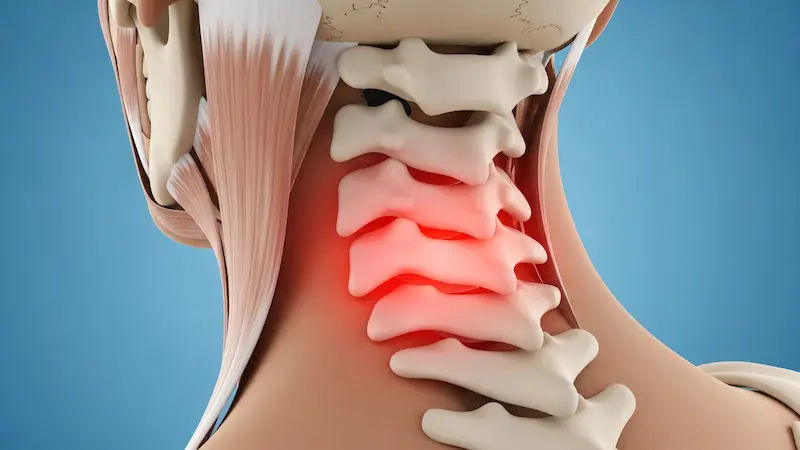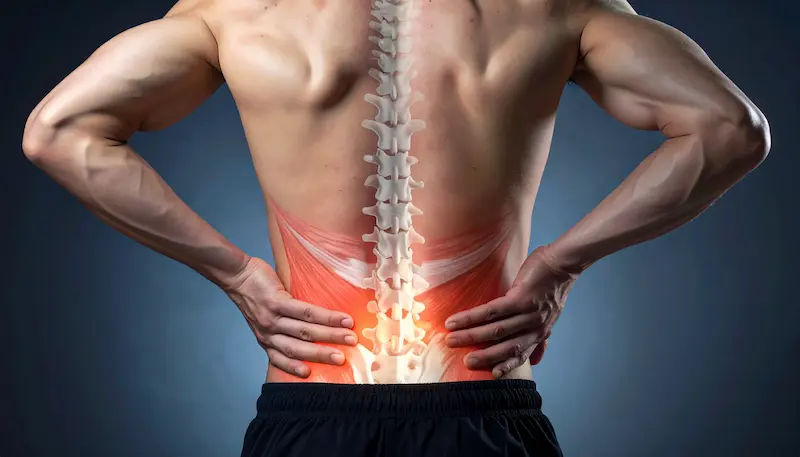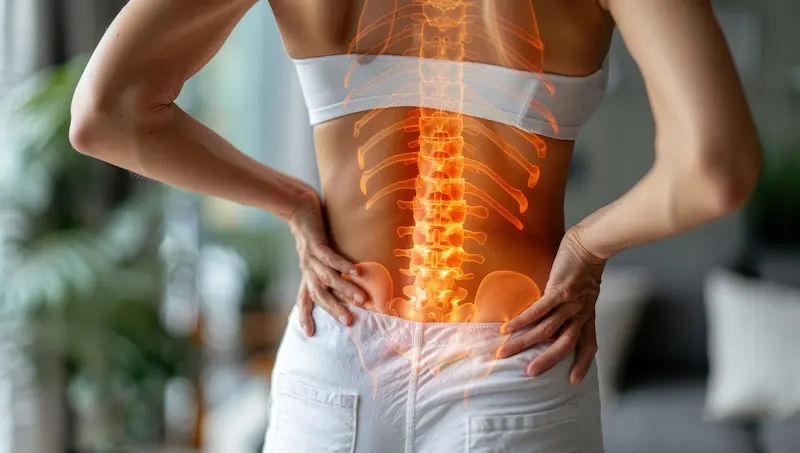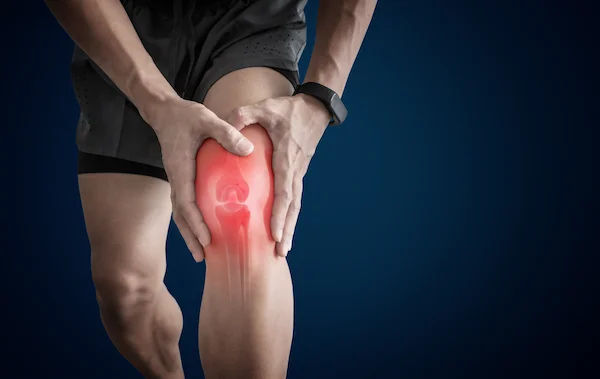- male
- 30 Years
- 14/08/2025
Can a partial ACL tear heal on its own without surgery and how long does it usually take for the knee to feel normal again
Answered by 1 Apollo Doctors
Yes, a partial ACL tear can potentially heal on its own without surgery, especially for less active individuals. However, the recovery time can vary, typically ranging from 3 to 6 months for those without surgery. The focus of treatment is on reducing inflammation, improving knee stability, and gradually increasing mobility through physical therapy
Dr. Kamran Suggests...
Consult a Orthopaedician
Answered 14/08/2025
0
0

More Orthopaedics Health Queries
View allI broke the base of my hand fingers in an accident and now my knuckles have shifted downward. Would a plaster cast be enough to fix it by pulling them back up, or is surgery with a plate the better option? I'm worried about the vacuum effect if they're just pulled up
Post an X-ray and clinical pic of hand
Answered by 1 Apollo Doctors
my mom was just diagnosed with carpal tunnel syndrome and her doctor recommended surgery - is open surgery or endoscopic better or can this be treated with meds instead
OPEN IS BEST FOR THAT.
Answered by 1 Apollo Doctors
What's the role of the fibula in ankle movement? I had surgery on my tibia and fibula 5 months ago, but my ankle still won't bend no matter how much I try. I've been walking for a month now, but the pain in my ankle is getting worse. Could this be related to how the fibula heals? I've attached my x-ray for reference.
MRI is advised,ortho opinion
Answered by 1 Apollo Doctors
Disclaimer: Answers on Apollo 247 are not intended to replace your doctor advice. Always seek help of a professional doctor in case of an medical emergency or ailment.





